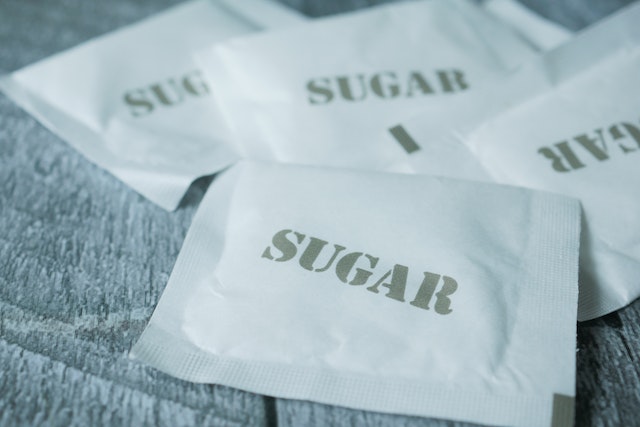
Unveiling the Hidden Risks.
Ultraprocessed foods have established themselves as a mainstay in many diets in today’s fast-paced society due to their convenience. To improve their flavor without adding extra calories, these foods are frequently laced with artificial sweeteners. The consumption of ultraprocessed meals with artificial sweeteners has been linked to depression, according to current studies, which is worrying. We will examine this connection in detail in this blog, as well as the important findings and any possible mental health ramifications(“Artificially Sweetened Ultraprocessed Foods and Depression”)
Understanding Ultraprocessed Foods.
Foods that have undergone substantial processing and frequently include little to no whole or lightly processed components are referred to as ultraprocessed foods. Sugary cereals, drinks, prepackaged snacks, and ready-to-eat meals are a few examples. These foods are generally poor choices for a healthy diet because they are often high in sugar, bad fats, and artificial additives.https://www.newsweek.com/ultraprocessed-food-linked-depression-scientists-1828461
The Role of Artificial Sweeteners.
Artificial sweeteners are calorie-free sugar replacements that are used to increase the sweetness of food and beverages. Aspartame, saccharin, and sucralose are common examples. These sweeteners are frequently discovered in ultraprocessed meals such as diet drinks, sugar-free snacks, and several other items.

The Research Connection.
An alarming correlation between eating ultraprocessed meals with artificial sweeteners and an elevated risk of depression is being suggested by a growing body of studies. Key conclusions are as follows:https://edition.cnn.com/2023/09/20/health/no-calorie-ultraprocessed-food-depression-wellness/index.html
Increased Risk of Depression: Research has revealed that people who regularly consume artificial sweeteners are more prone to exhibit depressive symptoms. Although the precise mechanisms are still being studied, it is thought that these sweeteners may alter brain chemistry and affect mood.
Gut-Brain Connection: Newer research has also revealed a link between mental health and the gut microbiome. Artificial sweeteners could alter the equilibrium of gut bacteria, which might make depression symptoms more likely.
Oxidative stress and inflammation: Ultraprocessed meals, which are frequently high in artificial sweeteners, are linked to oxidative stress and inflammation in the body. Depressive disorders have been connected to these physiological alterations.

The Hidden Dangers of "Diet" Products.
Many consumers choose “diet” or “low-calorie” products in the mistaken belief that they are choosing something healthy. However, these products frequently include artificial sweeteners, which raises the previously noted hazards. Even when items are advertised as “healthy” options, it’s important to read labels and choose wisely.https://healthnews.com/news/study-finds-links-between-ultra-processed-food-and-depression/
Healthy Alternatives.
If you want to preserve your mental health, think about choosing better alternatives to ultraprocessed, artificially sweetened foods:
Whole foods:Fruits, vegetables, lean meats, and whole grains are examples of whole, minimally processed foods. These options can support mood stabilization and general wellbeing.
Natural Sweeteners: If you have a sweet tooth, use stevia, honey, or other natural sweeteners sparingly. These alternatives might be less detrimental to your mental health than their synthetic equivalents.
Conclusion.
While ultraprocessed foods’ convenience and artificial sweeteners’ attractiveness may be seductive, the data connecting them to depression should cause us to pause. The use of less artificial sweeteners and more complete, nutrient-rich meals can improve our mental and physical wellness. Make informed decisions that promote our mental and physical health by staying knowledgeable about the possible risks related to our eating choices.https://www.theguardian.com/food/2023/sep/20/ultra-processed-food-linked-higher-risk-depression-research-finds#:~:text=Consuming%20large%20amounts%20of%20ultra,of%20depression%2C%20research%20has%20found.

